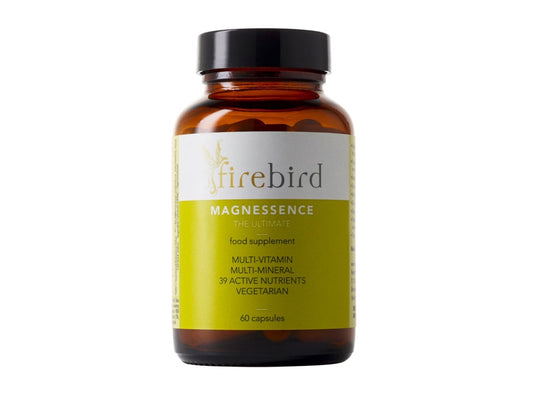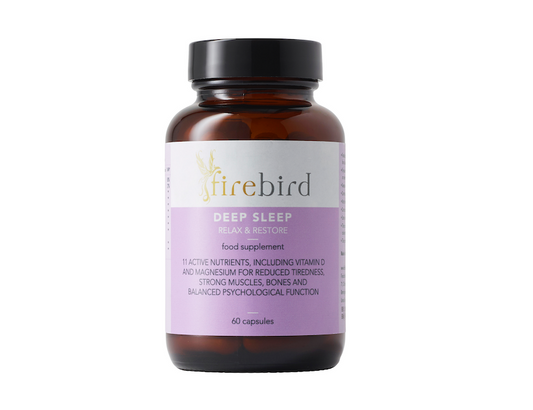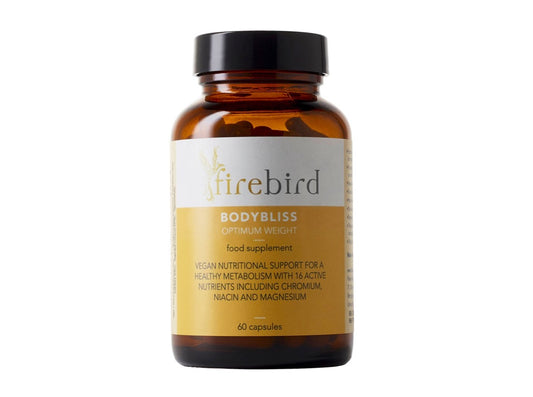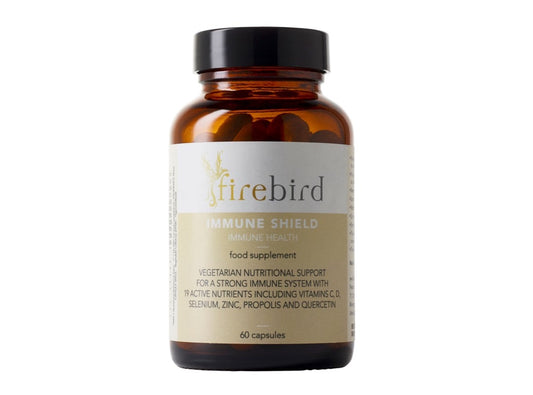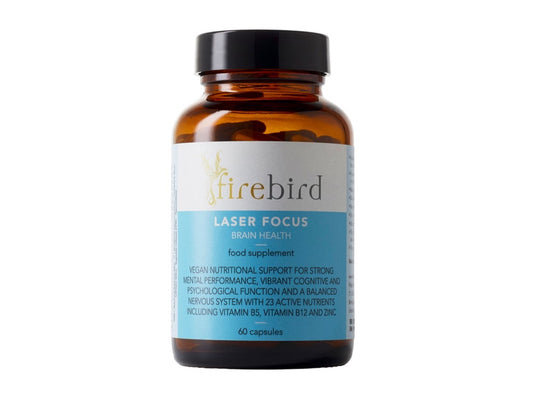
The low-down on gut health
Why is gut health so important?
There are 10 times as many microorganisms in your gut as there are cells in your body, so this population is of supreme importance to your overall health. Gut health strongly impacts our immune system, our ability to absorb nutrients from the food we eat, our skin health, our metabolism and our heart health and our brain health. Poor gut health can influence brain activity and function via the bidirectional gut-brain axis, leading to mood swings, for example, or poor focus.
Our top 5 tips for better gut health
Our number one tip for better gut health is to rest your gut. We believe that optimum health is a result of respecting the natural cycles of the body and its need for balance. The body operates on a circadian rhythm that, broadly speaking, has an active daytime mode and a night-time mode of rest, repair and regeneration. Like all parts of the body, the gut needs time to repair and regenerate, which it cannot do while in active digestion mode. If we can keep our eating within a 12-hour window or less, the gut has 12 hours a day to repair and prepare for another round of digestion.
Secondly, gut health is greatly impacted by stress (via the gut-brain axis). Stress is often an unavoidable part of life, but, in order to counterbalance its harmful effects, we need to build in some form of daily stress-busting activity. This could be yoga, meditation, a relaxing bath or curling up with a book. Anything that makes you laugh is great too, so just meeting up with family or friends for a catch-up, watching a comedy or going bowling (if that's your thing) can all dilute the negative effects of stress on your gut health.
Thirdly, gut health is affected by exercise. Studies have shown that athletes have a significantly greater microbiome diversity than non-athletes. A sedentary lifestyle is bad for gut health, so we should try to integrate some activity into our daily life.
Our fourth tip is to eat a healthy and varied diet, rich in seasonal fruits and vegetables. The health and diversity of our gut microbiome is based on the health and diversity of our diet. In particular, certain types of fibre known as prebiotics, feed friendly bacteria in the gut. Foods high in prebiotics include apples, bananas, artichokes, asparagus, garlic, leeks, onions, seaweed and oats.
Lastly, gut health begins at birth, so if you want to give your kids the best start in life, it's useful to know that babies delivered naturally have better gut health than those delivered by caesarean section. A natural delivery is not always possible, but where it is an option, natural is definitely best for your child's future gut health. Equally, breast-feeding, where possible and for at least six months, has been seen to encourage the growth and development of a robust gut microbiome and subsequently stronger immune system with fewer incidences of eczema, asthma, obesity, allergies and diseases.
What is really bad for gut health?
Lifestyle factors that damage gut health include smoking, environmental pollution and pharmaceutical drugs, in particular antibiotics. Balance the influence of any of these by doing things which are good for your gut health: get sufficient rest, exercise, eat a varied diet, including lots of prebiotics (fibre from fruit and vegetables), take a supplement that is good for your gut health (turmeric and glutamine are two great nutrients for gut health), reduce stress and do more of what makes you happy.
Are probiotics the answer?
It is debatable whether probiotics survive our stomach acid in order to join our gut flora. Prebiotics are a more guaranteed way to improve gut health. The most important things you can do to promote better gut health are not just to take probiotics, but 3 simple lifestyle hacks - make sure your diet is as varied as possible, integrate daily stress reduction activities and make sure you're giving your gut a rest every day for at least 12 hours.
Do supplements support gut health?
Natural supplements that are rich in plant extracts, such as MAGNESSENCE® AND BODYBLISS®, are certainly supportive of optimum gut health.
Learn more:
How to Optimise Your Immune Health
How to Strengthen Your Immune System before Winter
All the nutrients you need to fast-track healing and recovery
What makes Magnessence such a powerful support for optimum health?
To supplement or not to supplement...

